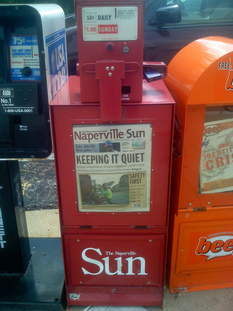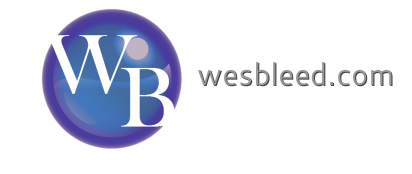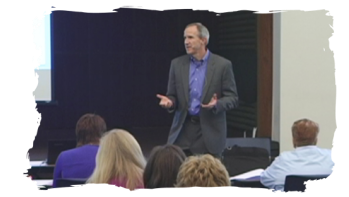
I often wonder what certain historic moments were like. What would it have been like to meet great men and women of history or live through their momentous times?
Well, we're doing it. I had that sense the other day. I told the story during a recent speaking engagement that I was out early one morning to run in my neighborhood. Normally, I go to my local college track and run on the softer surface. To save time, I reverted to my old routine.
As I was walking back to my house during my cool-down, I saw the newspaper delivery man turn down my street. I hadn't seen him in probably two years. As I watched him drive along, it struck me how few newspapers he was dropping on the driveways of my neighbors. I could remember when newspapers would come flinging out of his window.
It hit me: I was watching history.
Well, we're doing it. I had that sense the other day. I told the story during a recent speaking engagement that I was out early one morning to run in my neighborhood. Normally, I go to my local college track and run on the softer surface. To save time, I reverted to my old routine.
As I was walking back to my house during my cool-down, I saw the newspaper delivery man turn down my street. I hadn't seen him in probably two years. As I watched him drive along, it struck me how few newspapers he was dropping on the driveways of my neighbors. I could remember when newspapers would come flinging out of his window.
It hit me: I was watching history.
We're living through a historic change in the media landscape. It's been underway for the past decade, but continues to affect not just newspapers but broadcast news and just about any form of journalism. Newspaper circulation continues to decline because people have so many more options to get their news.
On the one hand, that's bad for anyone getting laid off or having their job descriptions radically altered. On the other, it's exciting to see progress in action and the new opportunities it creates.
I can remember when there were seven daily newspapers in Chicago. I remember when TV and radio newsrooms had three times the number of reporters, editors, producers and anchors on staff.
Digital has changed it all. People aren't rejecting "news" as much as they're rejecting the "paper." Instead of a choice of seven newspapers, we have unlimited choices online. Unfortunately, most media companies have been slow to understand the change and slow to adapt.
What's bad for the big media companies has created an abundance of opportunity for the individual. As I stated in a previous post, the barriers to getting one's story published are virtually gone. This blog post, for instance, can be seen by anyone around the world at almost no cost to me. So, remember these times. Someday you'll be able to say you were there.
Need help navigating the changing media landscape? Contact me at [email protected].
On the one hand, that's bad for anyone getting laid off or having their job descriptions radically altered. On the other, it's exciting to see progress in action and the new opportunities it creates.
I can remember when there were seven daily newspapers in Chicago. I remember when TV and radio newsrooms had three times the number of reporters, editors, producers and anchors on staff.
Digital has changed it all. People aren't rejecting "news" as much as they're rejecting the "paper." Instead of a choice of seven newspapers, we have unlimited choices online. Unfortunately, most media companies have been slow to understand the change and slow to adapt.
What's bad for the big media companies has created an abundance of opportunity for the individual. As I stated in a previous post, the barriers to getting one's story published are virtually gone. This blog post, for instance, can be seen by anyone around the world at almost no cost to me. So, remember these times. Someday you'll be able to say you were there.
Need help navigating the changing media landscape? Contact me at [email protected].


 RSS Feed
RSS Feed
